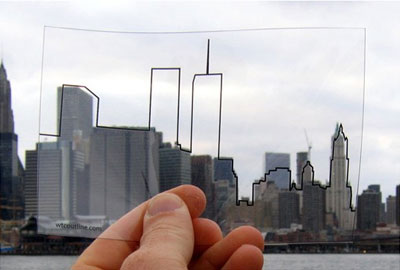
When disaster strikes in China, you’re not really sure what to think. For a country of 1.3 billion people, if there’s an earthquake there is more than likely to be a high death toll and mass damages. The prospects of mass death are indeed frightening, especially in a country containing a rural population that lives in unstable conditions and may lack immediate access to emergency care. The earthquake in 2008 that occurred in the Sichuan province demonstrates the immensity of China’s dense population and its poor, even corrupted infrastructure. Claiming the lives of some 70,000 people, it also left 4.8 million people homeless. Can one imagine the disaster of the entirety of British Columbia being left homeless? The numbers are roughly equal.
What is remarkable, however, is the journalistic response to this tragic, monstrous event. Much like what happened with rebellious online activists during the Arab Spring, people at the scene of the events of the earthquake were able to give first hand accounts of what was happening, only this happened 3 years prior. This type of Twitter reporting was able to spread further through sites like Tweetburner, which was able to track Tweet topics, and TwitterLocal, which connects to local business. Other sites like Alphatwitter, Tweetscan, and Summarize.com were also highly praised for the amount of information they spread about the earthquake. This rather new tactic of reporting on the web from eyewitness accounts was crucial for getting the word out. As Free Line reporter Brad Fallon puts it: “While it isn’t exactly ‘a hard news source,’ Twitter has proven instrumental in time of tragedy and uncertainty.” Hence while there may be some controversy as to how credible these civilian reports are, they are certainly owed credit for doing a service that big networks could not.
I feel where the real controversy lies is in China’s actual response to all the destruction, especially due to the high death toll of schoolchildren and the numerous amount of schools that collapsed in the quake. In some communities like Juyuan, the children there were completely annihilated. Other cities that are located miles away, such as Dujangyan and Hanwang, reported hundreds of deaths each. Even in Chongqing, which is 200 miles away from the quake’s epicenter, reported 5 child fatalities. The tragedies shed light on very crucial topics that continue to plague Chinese society. One is that the country, despite its embrace of capitalist markets and recently booming economy, is still terribly poor in many places. Provinces like Sichuan, which is located in the southwest part of the country, have been very neglected by Beijing and therefore its infrastructure is terribly outdated and unsafe. This leads to another debate about the country’s primary concerns for its people. Dozens of schools fell to rubble from the earthquake – would that not be alarming to Chinese officials? This type of corrupt educational policy, where horribly maintained schools are allowed to be built, and meanwhile the educational system itself is underfunded, needs to be more in the spotlight as a result of this catastrophe. It would have been even more remarkable had these Twitter journalists been able to report on the issue (though it is understandable how that would be ‘mission impossible’ in a country where media and reporting rights are so repressed).
For the sake of ending on a somewhat brighter, more comical note, here’s an article on a controversy regarding one of the earthquake victims and Coca Cola.
-Marty Stillman

